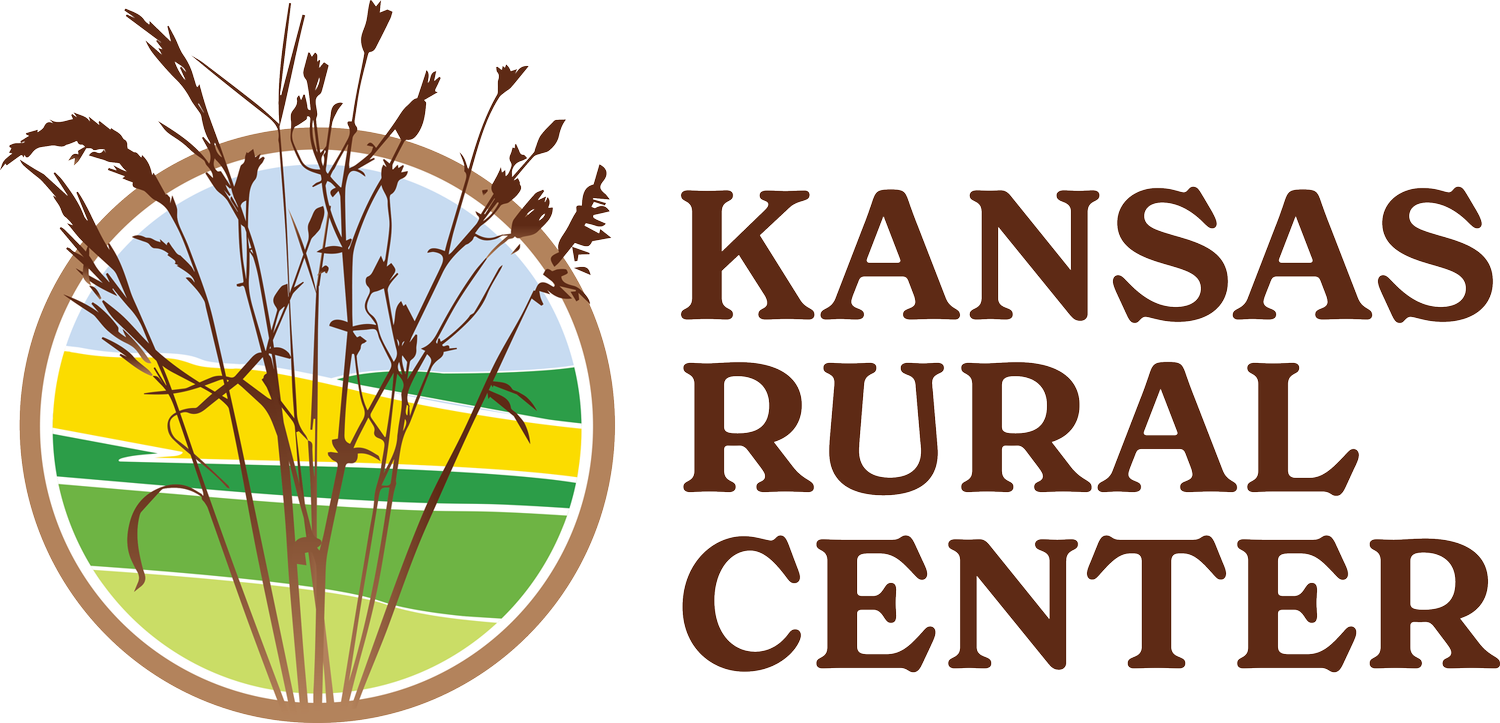The Co-opportunity of Rural Grocery in Kansas
Rial Carver - RGI Program Leader
Representatives from the RAD Co-op present at the National Rural Grocery Summit in Wichita in June 2022. Photo Credit: WSU Conference Services
Southeast KS Grocers Interest Session on Jan. 31, 2023
Background
Since 2007, the Rural Grocery Initiative (RGI) has strived to sustain locally-owned rural grocery stores to enhance community vitality and improve access to healthy food. RGI achieves this mission in a variety of ways: through one-on-one technical assistance, conducting research on relevant rural food access and grocery topics, hosting programs and events like the National Rural Grocery Summit and recent webinar series on business transition planning, and serving as a partner organization with the Kansas Healthy Food Initiative, a program that offers technical assistance and financing to healthy food retail projects in Kansas.
In 2008, one of the first projects the newly established Rural Grocery Initiative conducted was the Kansas Rural Grocery Survey. This survey queried rural grocers in Kansas towns of 2,500 or less. The survey results illustrated characteristics, experiences, and top challenges of operating a rural grocery store in Kansas. In 2021, the
Rural Grocery Initiative conducted another Kansas Rural Grocery Survey with a particular interest in seeing how these characteristics had changed since the 2008 survey. The results showed that many of the top rural grocery challenges remain.
In both the 2008 and 2021 surveys, competition was listed as the top challenge for rural grocers. Notably, competition with dollar stores was ranked as #1 in 2021 but was not even an option in the 2008 survey, illustrating how quickly the dollar store has entered and imprinted on the rural food retail scene. In addition to competition, high operating costs (ranked 2nd in 2008 and 6th in 2021), narrow margins (ranked 4th in 2008 and 5th in 2021) and labor availability (ranked 3rd in both surveys) remained top challenges between 2008 and 2021.
The persistence of these rural grocery challenges illustrates the need to think creatively to even the playing field on competition, lower operating costs, and increase profit margins and labor availability to ensure small town grocery stores stay around and thrive.
A Purchasing Cooperative in Southeast Kansas?
In June 2022, the Rural Grocery Initiative held the 7th biennial National Rural Grocery Summit in Wichita, KS. At the closing keynote, four representatives from the Rural Access Distribution (RAD) Co-op in Walsh County, North Dakota shared about an innovative group purchasing strategy to lower costs, increase profit margins and increase competitiveness. The RAD Co-op is comprised of three grocery stores and services two additional communities through a locker system. The idea left many in the room at the Summit thinking, why can’t we do that, right here, in Kansas?
After the Summit, several rural grocers in southeast Kansas began to meet, with the convening support of the Kansas Rural Center, to consider the potential of a group purchasing model, like the one implemented by the RAD Co-op. Meanwhile, the Rural Grocery Initiative applied and received a Rural Cooperative Development Grant from USDA Rural Development. This grant includes four main activities, one of which focuses on exploring the feasibility of a purchasing cooperative in Kansas like the RAD Co-op in Walsh County, ND. Having learned of the potential interest to explore this model in southeast Kansas, RGI held an interest session to see whether this group would consider being our ‘test case’ for the feasibility study of a purchasing cooperative in rural Kansas.
Researchers from K-State’s Department of Agricultural Economics, with expertise in cooperative development, participated in this meeting alongside KRC’s Jackie Keller and the Rural Grocery Initiative team. The group talked through the basic characteristics of a purchasing cooperative, shared reflections on the group purchasing model and identified individual strengths and common challenges among stores in the room.
Next, this group will meet with representatives from the RAD Co-op to dig into their recent experience establishing a rural grocery purchasing cooperative. The K-State Agricultural Economics team will collect information from interested grocers and conduct a feasibility study to apply numbers to the concept of a purchasing cooperative. By the end of 2023, the grocers in Southeast Kansas will have valuable information to consider that will aid them in deciding how to move forward and whether the purchasing cooperative model could, in fact, address the persistent challenges facing rural grocery in Kansas.




